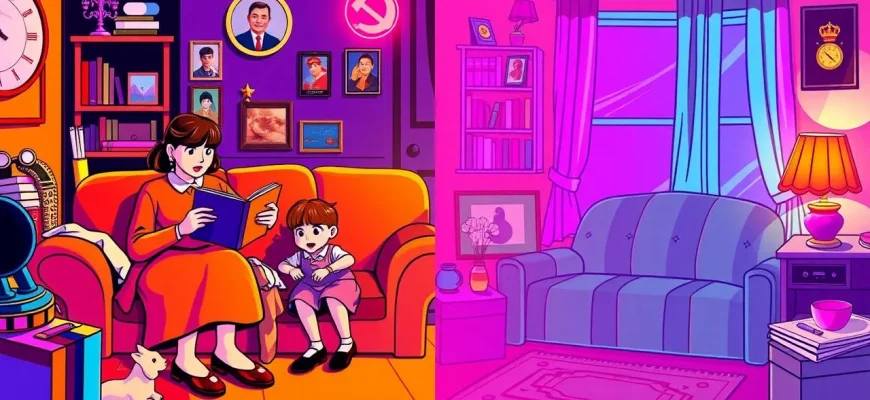Soviet cinema has often explored the theme of family, reflecting the societal values and challenges of the time. This collection of Soviet films provides a window into the lives of families, showcasing the warmth, struggles, and bonds that define familial relationships. These films not only entertain but also offer a cultural insight into Soviet life, making them valuable for both cinephiles and those interested in historical and social contexts.
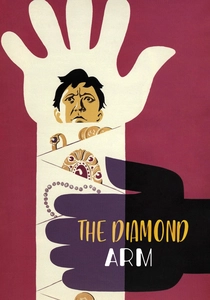
The Diamond Arm (1969)
Description: While primarily a comedy, this film includes family dynamics as the protagonist's life is turned upside down by a smuggling ring, affecting his family life in humorous ways.
Fact: The film's catchphrases have become part of everyday Russian language, showcasing its cultural impact.
 Watch Now
Watch Now
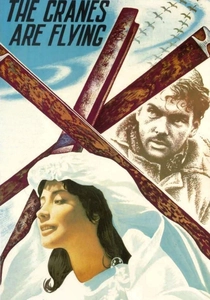
The Cranes Are Flying (1957)
Description: This film delves into the life of a young woman whose fiancé goes to war, leaving her to navigate the complexities of family life during wartime. It's a poignant exploration of love, loss, and the resilience of family bonds.
Fact: The film won the Palme d'Or at the 1958 Cannes Film Festival, making it one of the first Soviet films to receive international acclaim.
 30 Days Free
30 Days Free
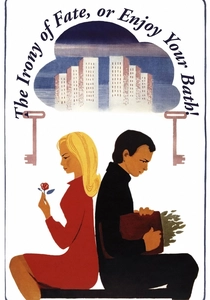
The Irony of Fate (1975)
Description: A comedic exploration of mistaken identity leading to unexpected family gatherings, this film captures the essence of Soviet New Year's Eve traditions and the warmth of family gatherings.
Fact: It has become a tradition in Russia to watch this film every New Year's Eve, making it one of the most beloved Soviet films.
 30 Days Free
30 Days Free
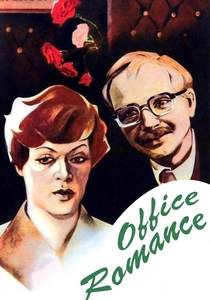
Office Romance (1977)
Description: This film explores the personal lives of office workers, focusing on the evolving relationship between a boss and her subordinate, which eventually impacts their family lives.
Fact: It was one of the highest-grossing Soviet films and has been remade several times, indicating its lasting popularity.
 30 Days Free
30 Days Free
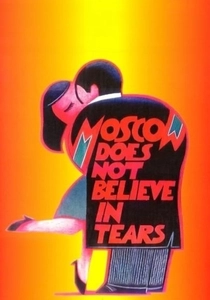
Moscow Does Not Believe in Tears (1980)
Description: This film follows three women over three decades, highlighting their personal and professional lives, and the evolving dynamics of their families. It's a touching narrative on the strength and endurance of family ties.
Fact: It won the Academy Award for Best Foreign Language Film in 1981, reflecting its universal appeal and the depth of its storytelling.
 30 Days Free
30 Days Free

Autumn Marathon (1979)
Description: A story about a man torn between his family and his mistress, this film examines the complexities of marriage and family life in a humorous yet poignant manner.
Fact: The film was directed by Georgiy Daneliya, known for his ability to blend comedy with social commentary.
 30 Days Free
30 Days Free

The Garage (1979)
Description: While centered around a garage dispute, the film subtly explores family dynamics and the lengths people go to protect their interests, often at the expense of family harmony.
Fact: The film was banned for a short period due to its satirical take on Soviet bureaucracy.
 30 Days Free
30 Days Free

The Girls (1961)
Description: This film follows the lives of several women working at a textile factory, showcasing their personal lives, friendships, and family relationships.
Fact: It was one of the first Soviet films to openly discuss women's issues and their roles in society.
 30 Days Free
30 Days Free

The Stationmaster (1972)
Description: Based on a Pushkin story, this film explores the life of a stationmaster and his daughter, focusing on themes of love, duty, and family.
Fact: The film was part of a series of adaptations of Pushkin's works, highlighting the literary heritage of Russia.
 30 Days Free
30 Days Free

The House I Live In (1957)
Description: This film tells the story of a family living in a communal apartment, highlighting the daily struggles and joys of Soviet family life in a shared space.
Fact: It was one of the first Soviet films to openly discuss the housing crisis and communal living conditions.
 30 Days Free
30 Days Free

